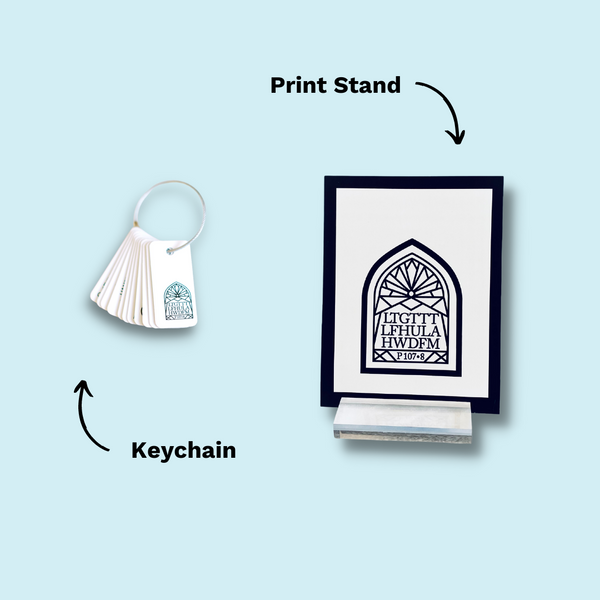This week we are going to focus on how John 8:12 uses light and darkness to symbolise moral purity/impurity. Let me just first emphasize that we have a just and merciful God who loves us so very much that he sacrificed everything to rescue us from the darkness - me especially! So, please don’t hear judgy self-righteousness as we move ahead. Rather, I hope you hear empathetic compassion and mercy oozing off the page as we tackle this topic.
The hard fact is that we are all really comfortable in the dark - morally speaking (myself included). We are rule-breakers, and are broken beyond our own ability to fix ourselves. And on top of that, we actually like to break the rules, or at least bend them for our own personal advantage. You see, if sin (or rule-breaking) wasn’t attractive to us, we wouldn’t do it. We prefer the dark because the light reveals what is actually going on in our hearts, and it isn’t a pretty picture. John says in chapter 3:19, “This is the verdict: Light has come into the world, but people loved darkness instead of light because their deeds were evil.”
And yet, there is hope for us! Jesus is calling us to follow him. He promises that his followers don’t have to huddle under the oppressive shadow of their sin any longer. He promises that whoever follows him will never walk in darkness again, but will have the light of life. You see, he is offering light and life in himself.
God knows we need a way out from under our sin, a way into the light. He doesn’t want to bring us into the light to expose our sin and shame us, but rather to free us. Jesus took all of the shame of our sins upon himself. He lived the perfect life and died in our place, that we might walk in the light and have life. In Jesus, we are free to live in the light and resist the pernicious pull of the dark things in this world.
Are there specific sins that you need to bring into the light?
If you are still in process with all of these claims of Jesus, keep praying for enlightenment.




